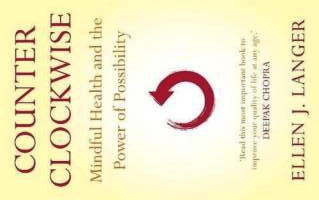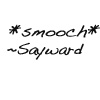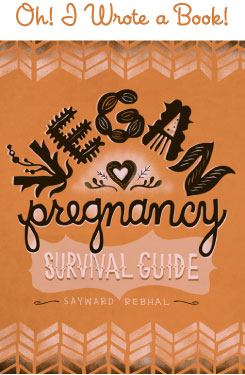
Damn, but I am seriously enjoying this book. I’ve had so many “HELL YEAH” moments and “Oh, Crap!” moments and “OH OF COURSE!” moments, that I don’t even know where to start this discussion. Not to mention the fact that I really just want to write about each of the amazing studies, so we can all sit around and talk about how friggin’ cool they are!
Have you guys kept up with the reading? I sure hope so, because I want to talk about this stuff! As usual, I’m going to provide a few prompts. I’ll let you guys have some time to respond before I weigh in with my own thoughts. Can’t wait to hear from you!
1. Counterclockwise is all about being mindful – that is, noticing the world around you, and the way that it changes, all the time. The problem, Langer writes, is that “When we are mindless we “are not there” to notice that we are not there.” This is a paradox! How do you keep yourself “there”.
2. In the Counterclockwise study that the book is named for, Langer took a group of elderly gentlemen and had them live for a week as though it were 20 years earlier. In every way, from the music they listened to, to the food they ate, to the objects they interacted with, they were living in the past – except that they talked about it as if it were the present. At the end of the week the changes they experienced were remarkable, including better vision, increased mental acuity, less pain/arthritis, and on. The transformation was so extreme that strangers, looking at photographs taken before and after the experiment, guessed that the people in the “after” photographs were actually younger!
This groundbreaking study was one of the first to indicate the mind’s role in bodily health (this was back in the 70s and it was quite a new concept back then). If it is true that our mind dictates our physiology, how can YOU apply that knowledge to your own life?
3. Langer writes about how we suffer from mindlessness because we seek certainty, and nowhere is this more disastrous than with our own health. The medical model seems to demand a dichotomous “healthy or sick” mentality. Instead of this, Langer asks us to consider, “When my arms and legs are strong and I can breath like an Olympic swimmer and I have an ear infection, am I healthy or sick? When my vision and hearing are excellent and my lungs are strong and I have MS, am I healthy or sick?”
Your thoughts?
4. This “psychology of possibility” is all about empowerment. Langer writes, “We can all say we believe in the possibility of improvement, but unless we really do, we won’t find it. That is, we are more likely to find it if we look than if we presume it cannot be found . . . We believe there are known limits to how fast we can run, how much we should eat or not eat, how quickly our bones can heal, or how much sleep is necessary to perform efficiently . . . ”
I love this idea and yet I am wary of it. It sounds eerily similar to the crystal-twinkie New Age, “The Secret”, just-will-yourself-pretty-and-rich!, “What The Bleep Do We Know?” sort of talk that makes me very uncomfortable. Though to be fair, I think a lot of this modern “manifest your destiny” ferver is based in a large part on Langer’s work, and not the other way around. Do you think there’s a difference between what Langer and her research are trying to convey, versus the sort of message that modern gurus and books like “The Secret” are selling?
5. Have you had any “HELL YEAH” moments or “Oh, Crap!” moments or “OH OF COURSE!” moments of your own? Please tell me about them!
See you in the comments!

-
http://bonzaiaphrodite.com/ Sayward Rebhal
-
http://bonzaiaphrodite.com/ Sayward Rebhal
-
http://bonzaiaphrodite.com/ Sayward Rebhal
-
http://bonzaiaphrodite.com/ Sayward Rebhal
-
http://bonzaiaphrodite.com/ Sayward Rebhal
-
Megan
-
Kim
-
Aaron
-
Aaron
-
Gem Wilder
-
http://simplybeme.com Jenny
-
http://www.thevegetablecentrickitchen.com Rande McDaniel
-
CraftyEarthMama
-
Lisa
-
Natalia
-
I.G.
-
http://bonzaiaphrodite.com/ Sayward Rebhal
-
http://bonzaiaphrodite.com/ Sayward Rebhal
-
http://bonzaiaphrodite.com/ Sayward Rebhal
-
http://bonzaiaphrodite.com/ Sayward Rebhal
-
http://bonzaiaphrodite.com/ Sayward Rebhal
-
http://bonzaiaphrodite.com/ Sayward Rebhal
-
http://bonzaiaphrodite.com/ Sayward Rebhal
-
http://bonzaiaphrodite.com/ Sayward Rebhal
-
http://bonzaiaphrodite.com/ Sayward Rebhal
-
Megan
-
Aaron
-
Moira
-
http://bonzaiaphrodite.com/ Sayward Rebhal
-
Megan



